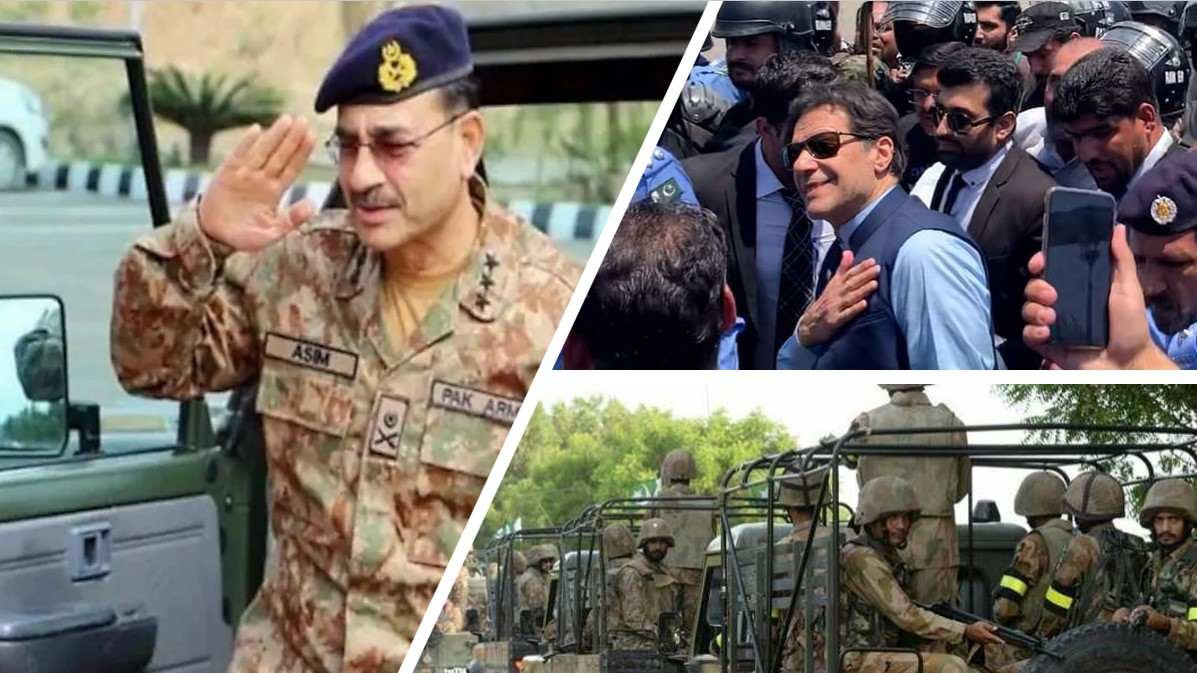
Surviving The Burnout: A Virtual Coup By The Pakistan Army Is Already In The Making
 Fri, 12 May 2023
| Reading Time: 5 minutes
Fri, 12 May 2023
| Reading Time: 5 minutes

Pakistan has been in turmoil for some time, especially since its economy started showing signs of near-total collapse a little more than a year ago. The IMF placed tough conditions for its US$6 billion loan to be handed out, and the Saudis and UAE conditioned their loan bailouts on the demands of the IMF being met. These were not easy and the current Pakistan Government has found itself getting more unpopular while attempting to execute the IMF demands. The forex reserves, never too healthy, sunk to an all-time low of just US$4 billion.. The calamitous floods of 2022 added to its woes displacing large swathes of the population. Then came the revival of the Tehreek-e-Taliban Pakistan (TTP), the renegade terrorist group with moorings in Afghanistan. The vacation of Afghanistan by the US and the arrival of the Taliban 2.0 altered the dynamics and the TTP received an energy boost once again resulting in an expanding arc of terror within the nation.
With problems as serious as outlined above, one would have expected that a political consensus would emerge and a government of national unity fully backed by the Pakistan Army would form for the sake of the survival of the nation and to bring some relief to its people. That would be rational thinking, which can hardly ever be applied to Pakistan, especially its leadership. A political drama has been in play for the last many months. Essentially it is a tussle between the Pakistan Army and the highly feudal political community. Within that community, Imran Khan appears to have touched a chord with the people, of being a potential saviour. Favoured and selected for the appointment of Prime Minister by the Pakistan Army in 2018 he progressively fell foul with its leadership after he failed to deliver good governance, corruption cases started to come to the fore and he got involved in an internal tussle of the Army. The tussle was between Gen Qamar Bajwa, the Army Chief and Lt Gen Faiz Hameed, the DG of the ISI, Pakistan’s notorious intelligence agency. Imran Khan backed the DG ISI thinking that he could make him the next Army Chief and paid for his indiscretion. In Jan 2022, Imran Khan warned the Opposition that he would be more dangerous if forced to step down. Despite Khan’s best efforts to prevent a vote of no-confidence in Apr 2022, first by unconstitutionally dissolving parliament and then by threatening martial law, he was ousted from power after many PTI MPs withdrew their support.
Out of power, Imran Khan’s attacks on the Army leadership continued. Some schisms within the Army were reported in terms of political loyalties but there was no evidence to believe that anything out of the ordinary was in the making. The new government which came to power achieved a semblance of consensus in terms of major parties coming together and forming the Pakistan Democratic Movement (PDM); Imran Khan’s PTI got isolated but somehow retained the people’s faith. He was perceived to have been undone by the Pakistan Army which has become increasingly unpopular with the people. If social media is to be believed, the expression of disapproval of the Pakistan Army has never been so high within Pakistan. This has its ramifications on regional security as analysed subsequently in this paper.
Imran Khan’s iconic image of holding aloft the Cricket World Cup trophy as Pakistan’s cricket captain in Australia in 1992, has also helped him establish his popularity. There is no doubt if elections are held immediately, Imran Khan will probably romp home in style. The issue is simply that the people of Pakistan wish to give Imran Khan another chance because they are against the established families of the Bhuttos, Sharifs, and others who have ruled Pakistan for a long time. The people are now also dead against the Pakistan Army leadership which forms the main element of the proverbial deep state. The PDM government does not want elections till as late as possible in the hope that time will give it scope to improve a lot of the people and the economy, and thus have a better chance in the elections, whenever they are eventually held. Imran Khan wants elections at the earliest to cash in on his current street popularity which he too realizes may not last forever.
The only thing missing in the above inputs is that the man who engineered this entire chain of events with his decisions was Gen Qamar Bajwa, the former Army Chief. His fallout with Imran Khan was the initiator of the events. His successor Gen Asim Munir is also a former DG of ISI who was removed at Imran Khan’s behest because of the ISI’s investigations against his wife’s corruption and amassing of wealth. Gen Munir is not in the league of Gen Bajwa. Rather inarticulate, he displays a mellow personality and perhaps has a relatively poor hold over the ambitious Corps Commanders of the Pakistan Army (nine of them). This perceived weakness may be forcing Gen Munir to act more proactively and aggressively in the current emerging situation.
The above is the narrative of developments in Pakistan which finally led to Imran Khan’s brusque and violent arrest on May 09, 2023 at Lahore by the Pakistan Rangers. Why the Rangers which is a para-military force? The Army probably wanted to keep itself away from the public eye, but as it turned out, it is now completely in the eye of the storm. The events are all over electronic and social media. Imran Khan has got some reprieve from the Supreme Court, but cases are there in the Lahore High Court which is being activated. This unending drama over Imran Khan is not going to end for some time. After all the shenanigans we have seen so far, I doubt the Pakistan Army or the constituents of the PDM would like to see Imran Khan back to power after a future election. The retribution then will be worse than anything before. Things in Pakistan do not progress as per rules, so Imran Khan has to watch his back. The Supreme Court may have supported him so far; how long more will that continue is anybody’s guess. Once the Army has decided to flex its muscles it will have no qualms about abrogating the constitution or democracy. It will be a virtual ‘coup’. Both the PDM and the Pakistan Army need each other at the moment. How their fight against the Supreme Court will pan out, while retaining democratic credentials, is going to be a major challenge.
If democracy is seen to be compromised, the entities negotiating economic bailout will swiftly jettison Pakistan. However, much will depend on the US and the way its strategic planners look at the situation. The US cannot afford to lose Pakistan by pursuing logical analyses. It has to accept a Pakistan, even sans democratic norms. That is not too difficult because the Pakistan Army enjoys a near special relationship with the US strategic community due to historical reasons and also due to the geo-strategic advantage that Pakistan’s location offers. China has shown no propensity to act. It too is comfortable with the Pakistan Army and has no pretensions about democracy. If the US supports a bailout with even Pakistan Army’s continuing power games many others will probably follow suit. This appears to be a future course that we could be witnessing.
For India, our concerns have to be different. The Pakistan Army is either putting up a huge charade about its incapability to handle PTI supporters to win sympathy or projecting itself in benign terms. If all that is on display is genuine, the Pakistan Army would have lost considerable face. To unite the nation and showcase itself as a professional force it could resort to a temporary activation of the LoC. The Indian Armed Forces are already on alert and no major threat is envisaged. Even if a threat emerges it can be handled quite easily. Some terrorist attacks in depth areas are also possible to keep the investment in J&K alive.
From an existential angle, the situation in Pakistan is yet below the threshold, although the flow of events will remain unpredictable. Issues such as the fate of nuclear assets are not yet in reckoning because the Pakistan Army is still there. Signs of division in its ranks have not reached alarming proportions if they are true at all. Sometimes unpredictability is the one that poses more problems, recounting that there is a creeping threat from the TTP and other radical and terrorist organizations which could find ungovernable spaces in Pakistan as lucrative as those in Afghanistan.
Disclaimer
The opinions expressed in this article are the author’s own and do not reflect the views of Chanakya Forum. All information provided in this article including timeliness, completeness, accuracy, suitability or validity of information referenced therein, is the sole responsibility of the author. www.chanakyaforum.com does not assume any responsibility for the same.
Chanakya Forum is now on . Click here to join our channel (@ChanakyaForum) and stay updated with the latest headlines and articles.
Important
We work round the clock to bring you the finest articles and updates from around the world. There is a team that works tirelessly to ensure that you have a seamless reading experience. But all this costs money. Please support us so that we keep doing what we do best. Happy Reading
Support Us





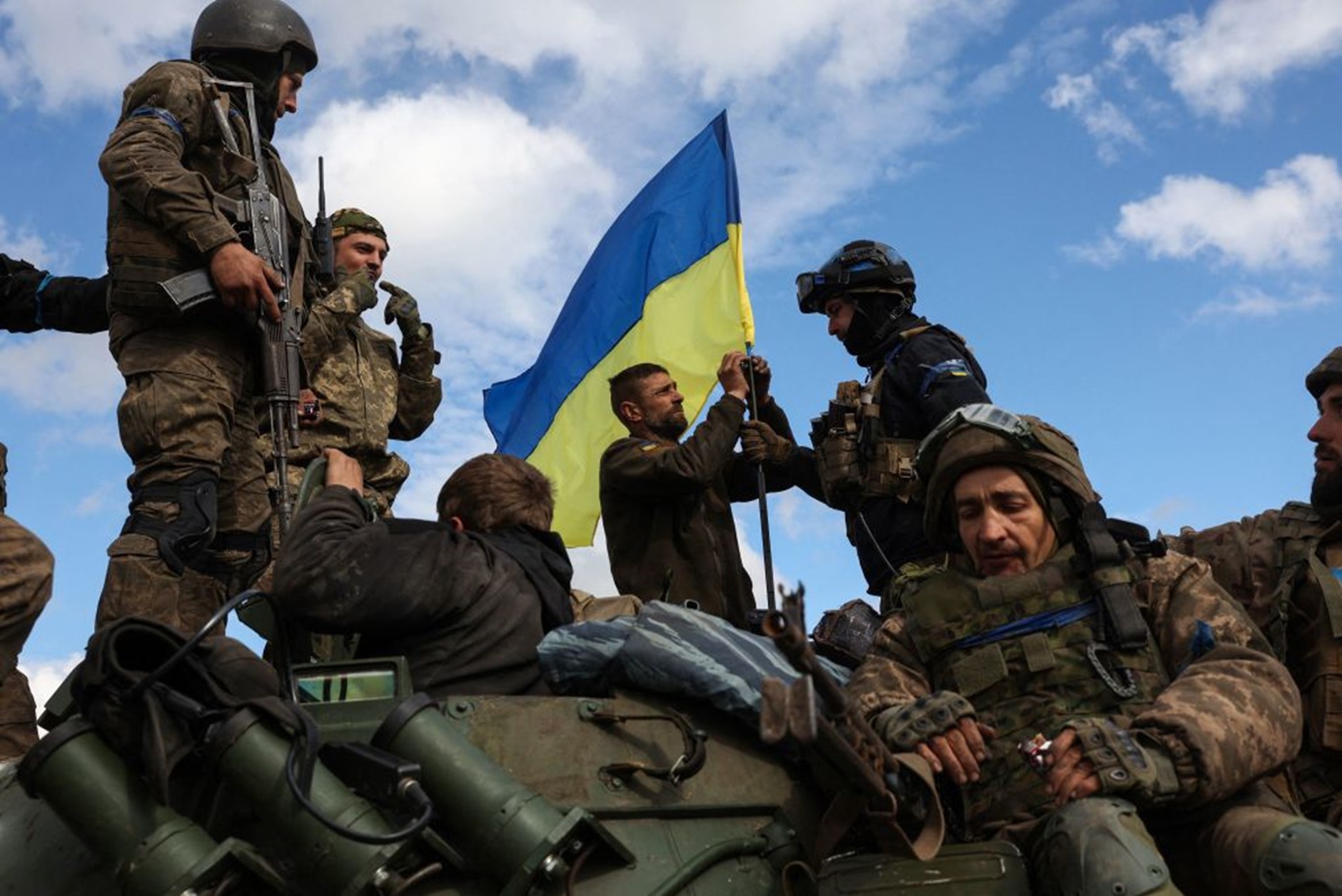
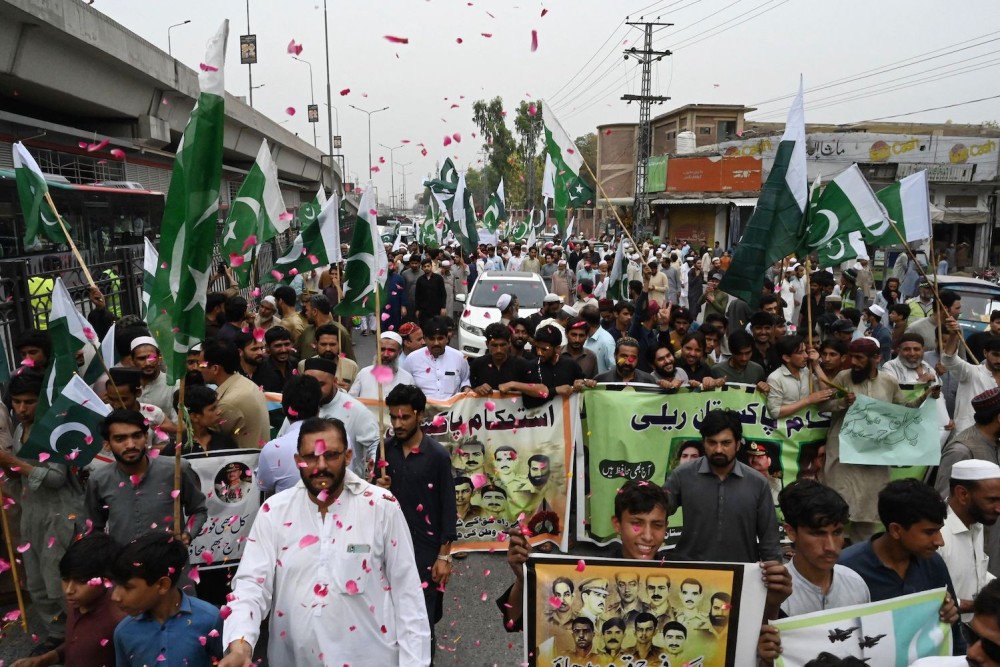
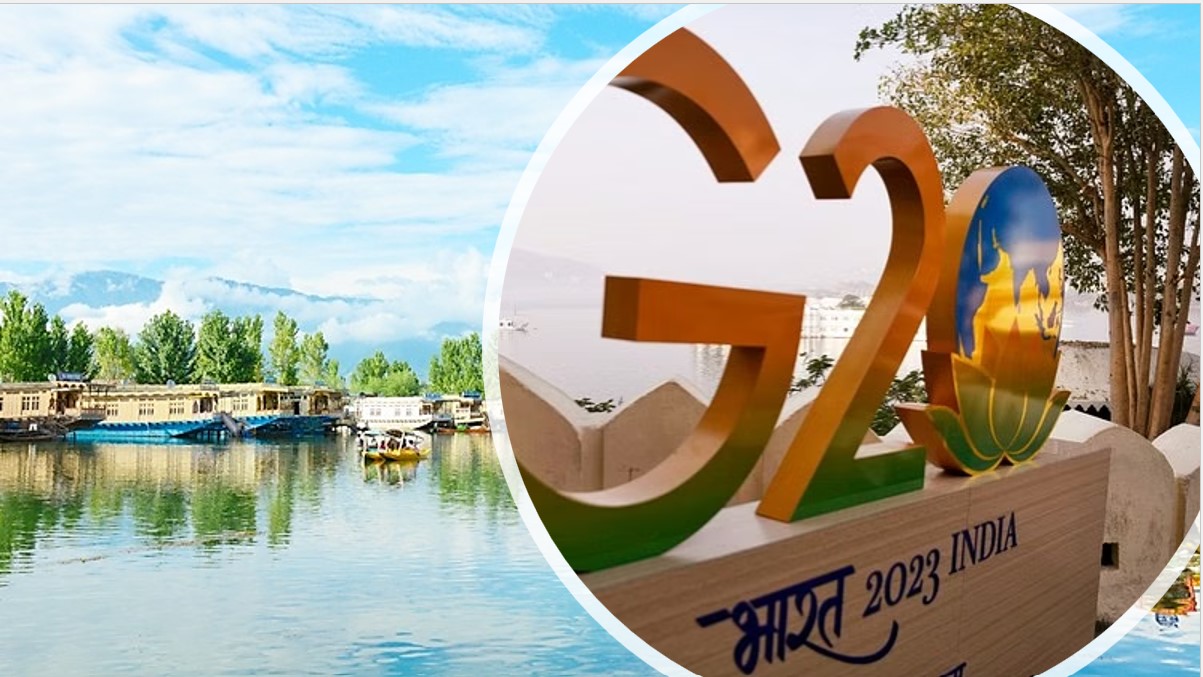
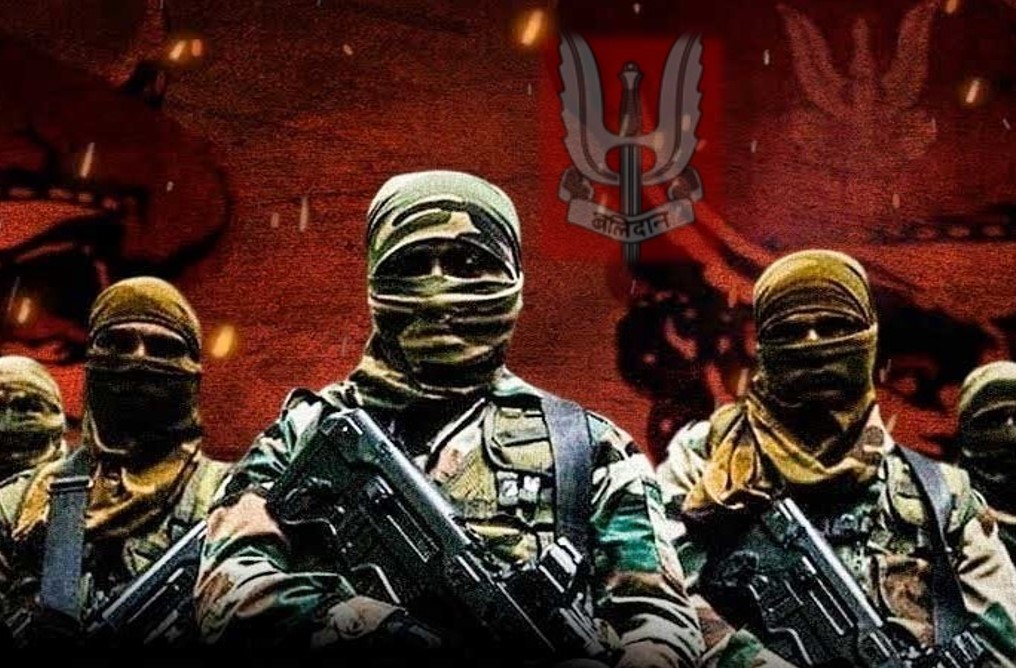
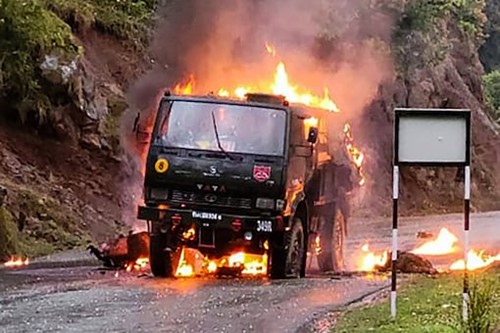
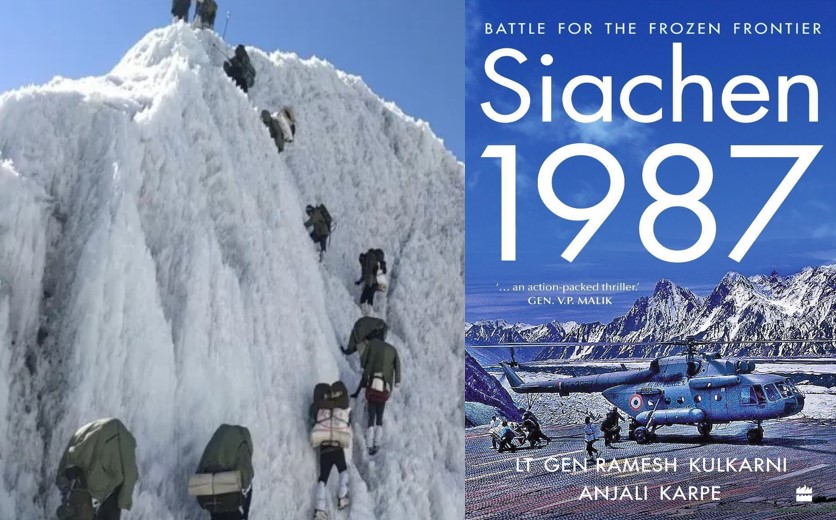
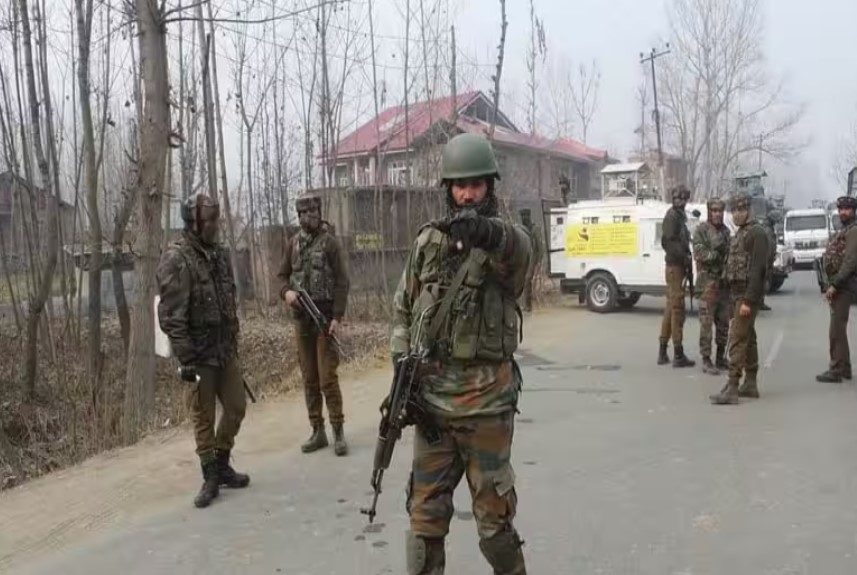
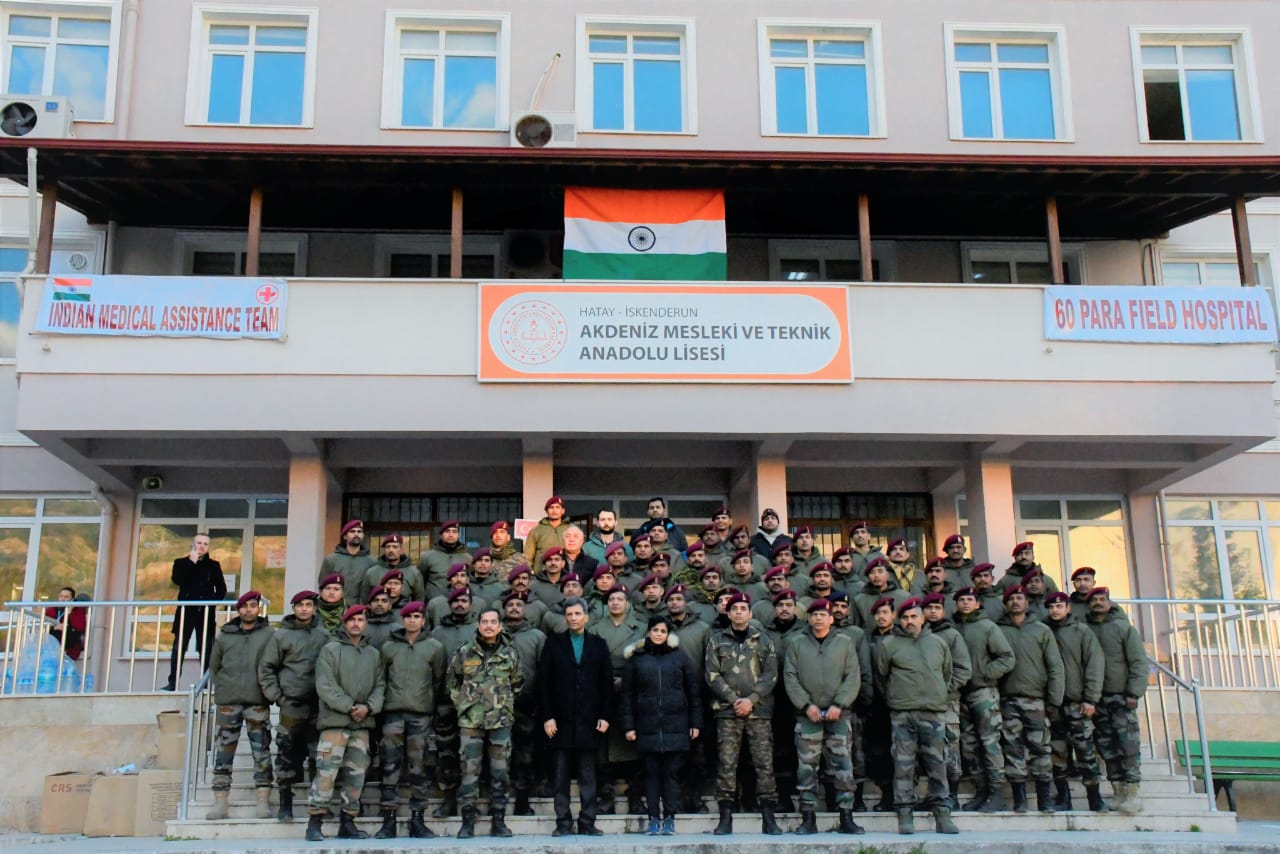
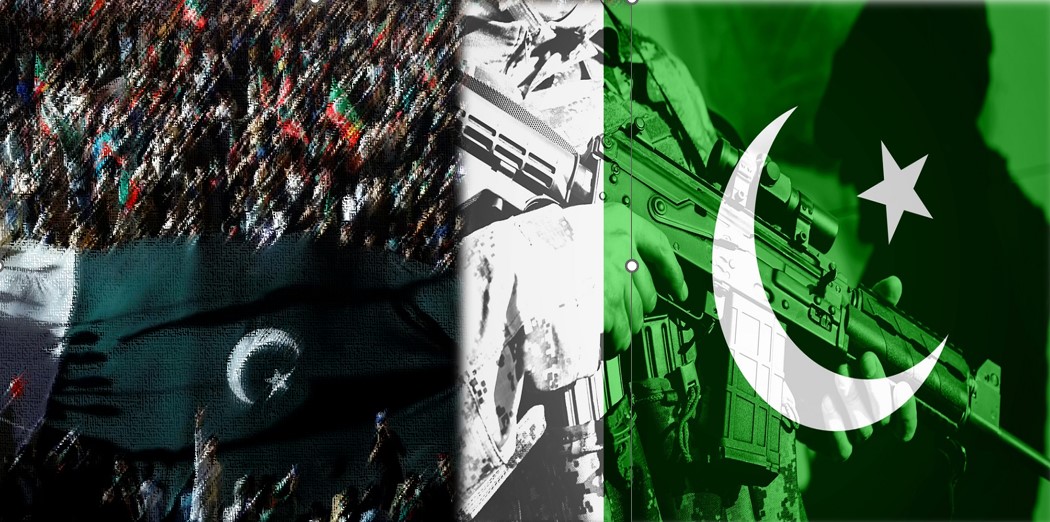
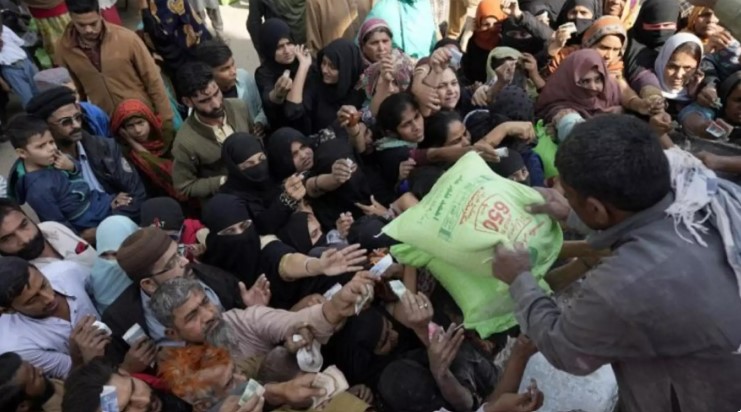






POST COMMENTS (2)
Kalidan Singh
yashpal